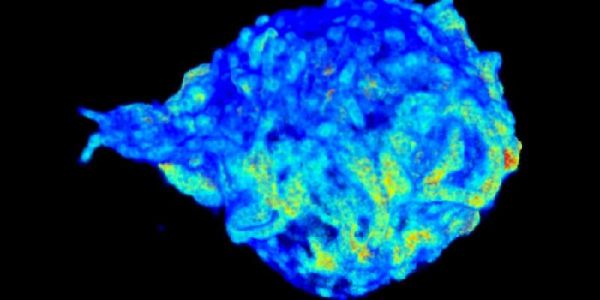
Links between arthritis therapy and heart disease improvements
Drugs used to treat initial signs of rheumatoid arthritis also improve the early stages of heart disease, according to new research.

Drugs used to treat initial signs of rheumatoid arthritis also improve the early stages of heart disease, according to new research.

Ice sheets in Greenland and Antarctica whose melting rates are rapidly increasing have raised global sea level by 1.8cm since the 1990s, and are matching worst-case climate warming scenarios.

A large sculpture has been installed on the side of the Sir William Henry Bragg building, a new engineering and physical sciences development at the University.

Healthcare systems around the world need to develop ways of supporting people in the community who are recovering from COVID-19, say researchers.

A Leeds academic has received a top award from the Royal Academy of Engineering for work which has had “widespread and significant impact” in tackling the spread of coronavirus.

Visualising how molecules move in cells or interact with drugs will be possible with one of the world’s most advanced imaging centres being developed at the University.

Researchers have identified a pattern of longer-term symptoms likely to be experienced by people who were hospitalised with COVID-19.

New scanning protocols have been drawn up for the thousands of expectant parents affected by pregnancy complications each year.

The death rate for patients who experienced what is normally a lower-risk heart attack rose sharply during the peak of the COVID-19 pandemic, according to an analysis of NHS data.

A new meta-analysis emphasises the need for the next generation of “health conscious” products to focus on food texture to enhance the feeling of being full.